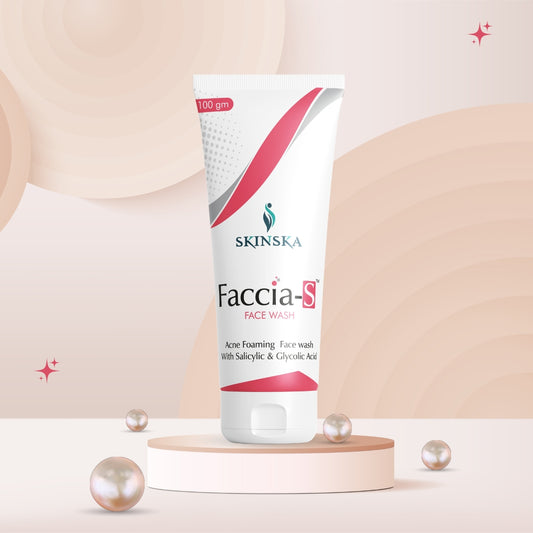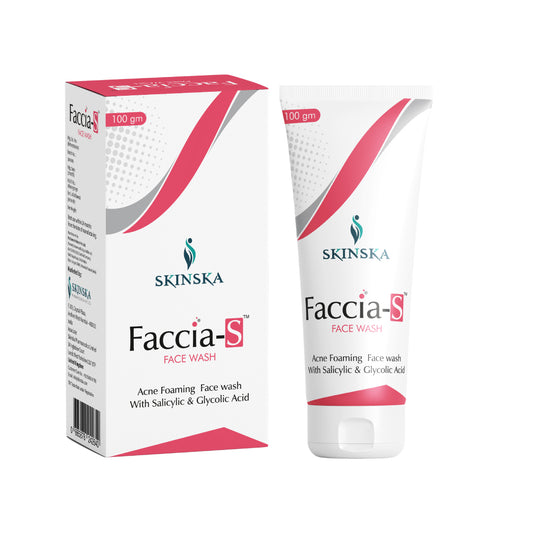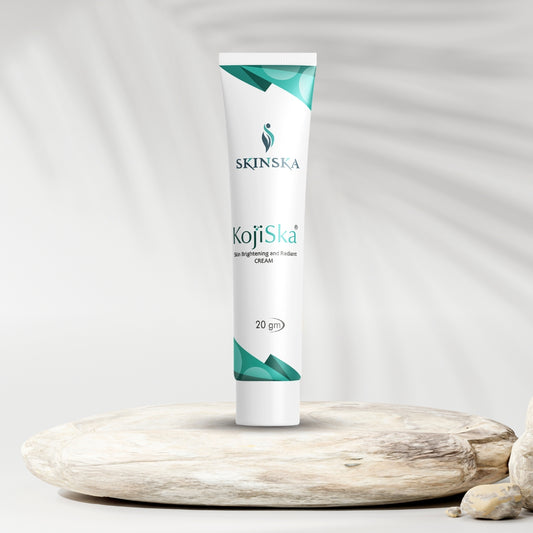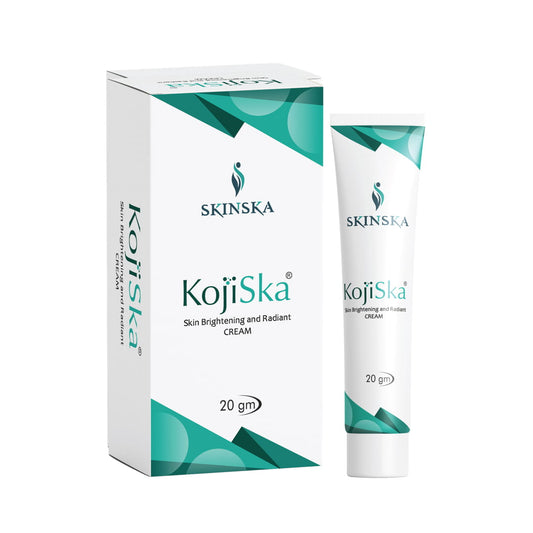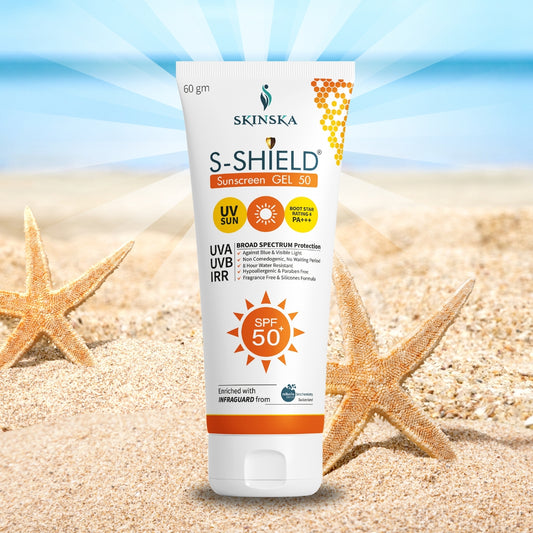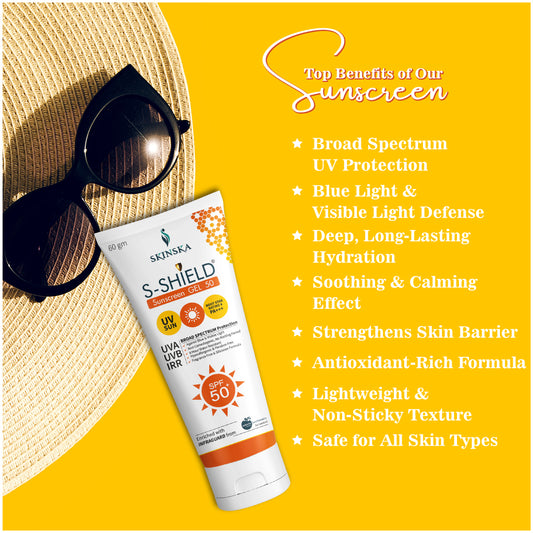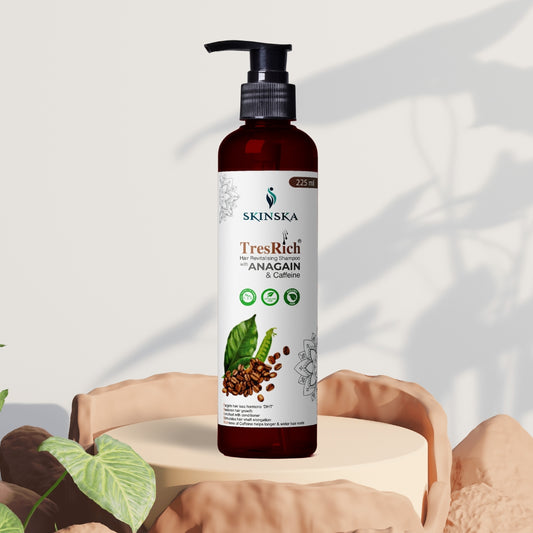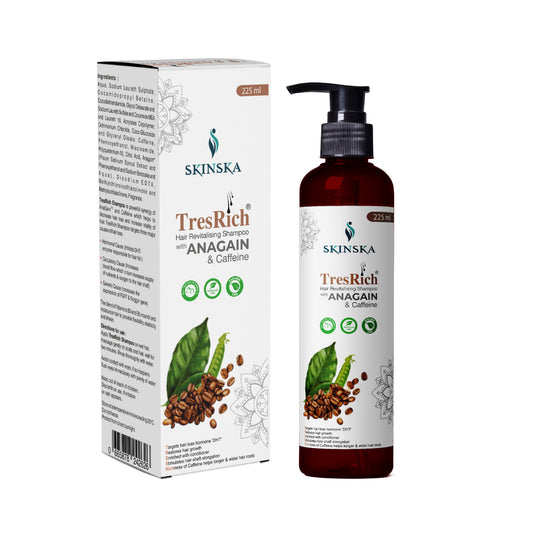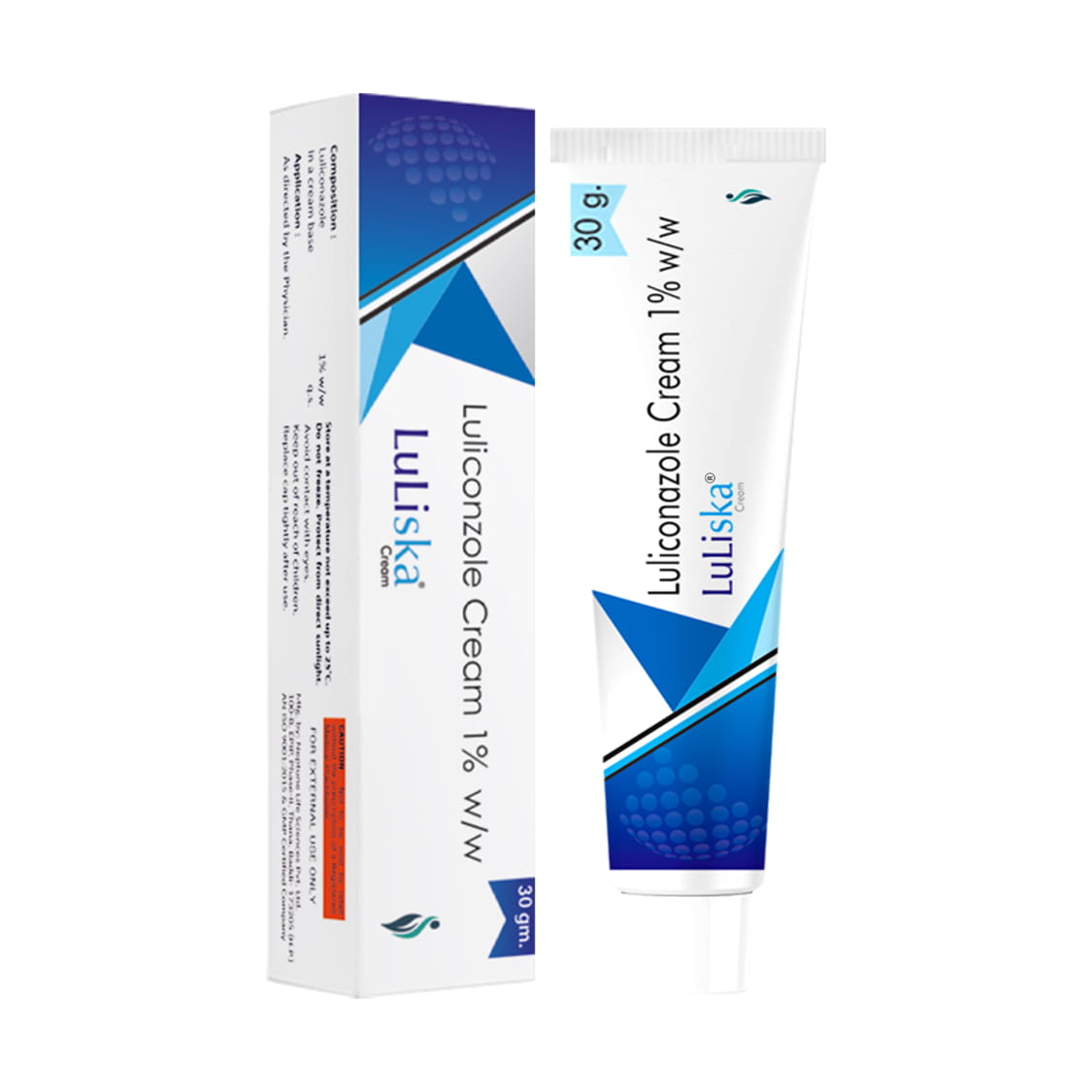
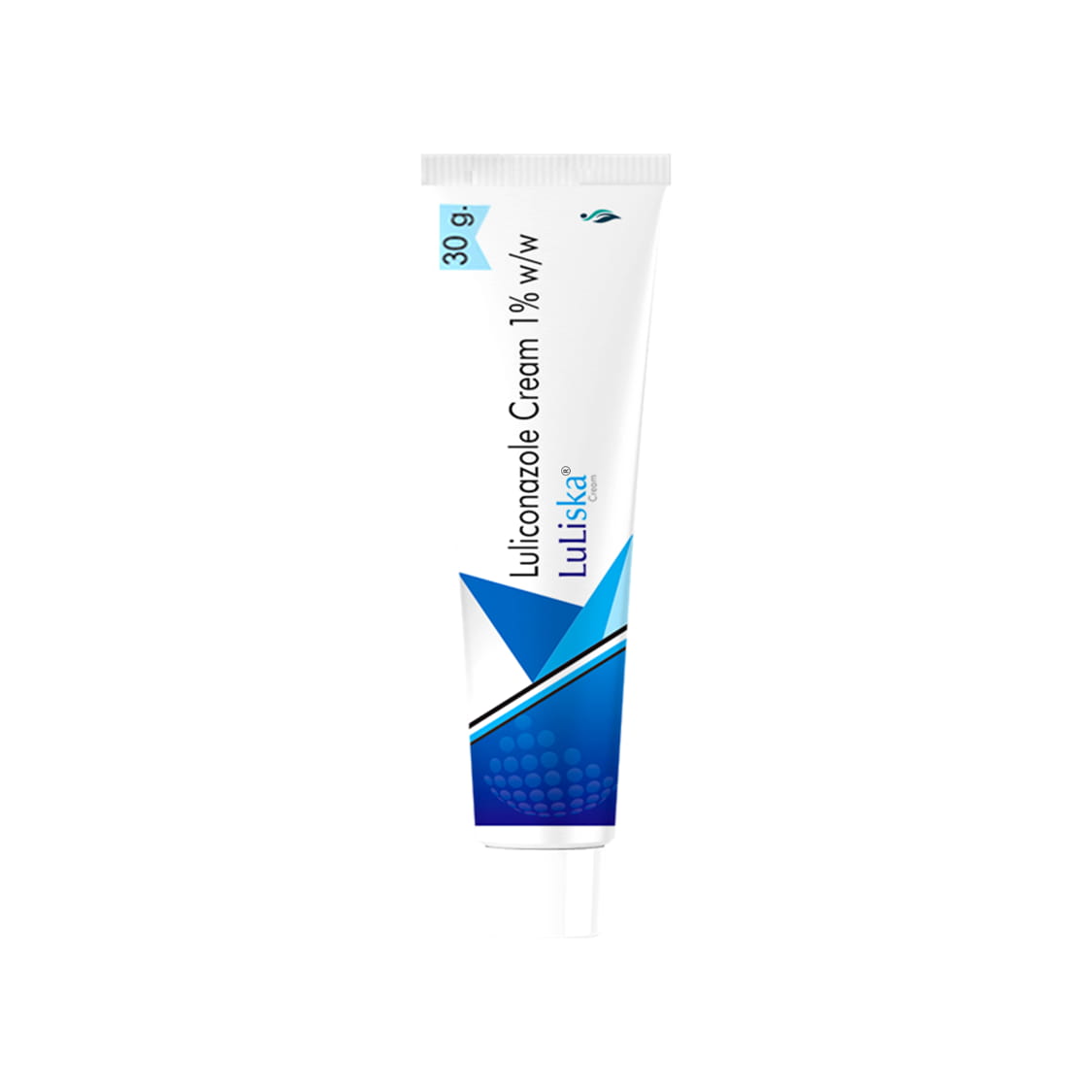
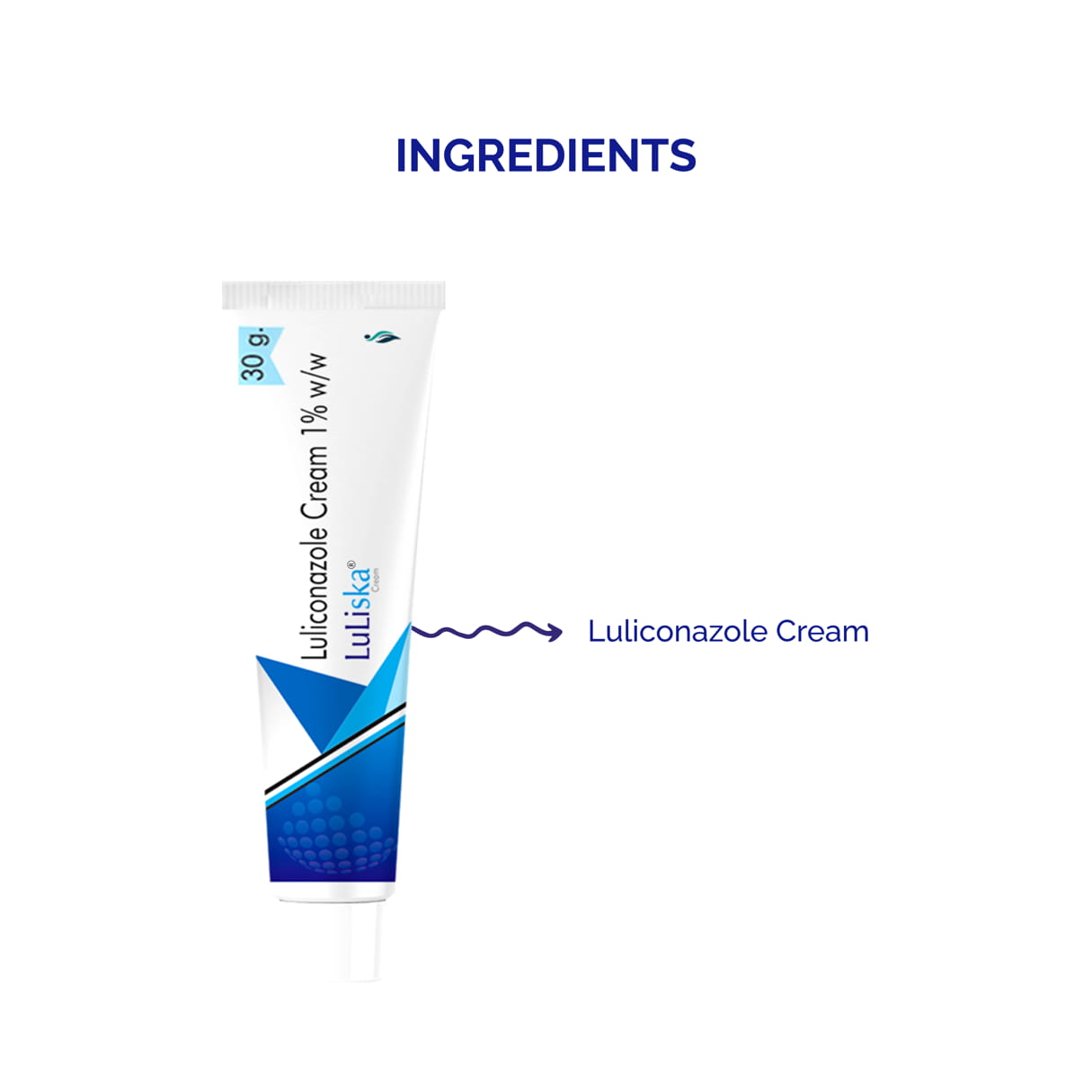
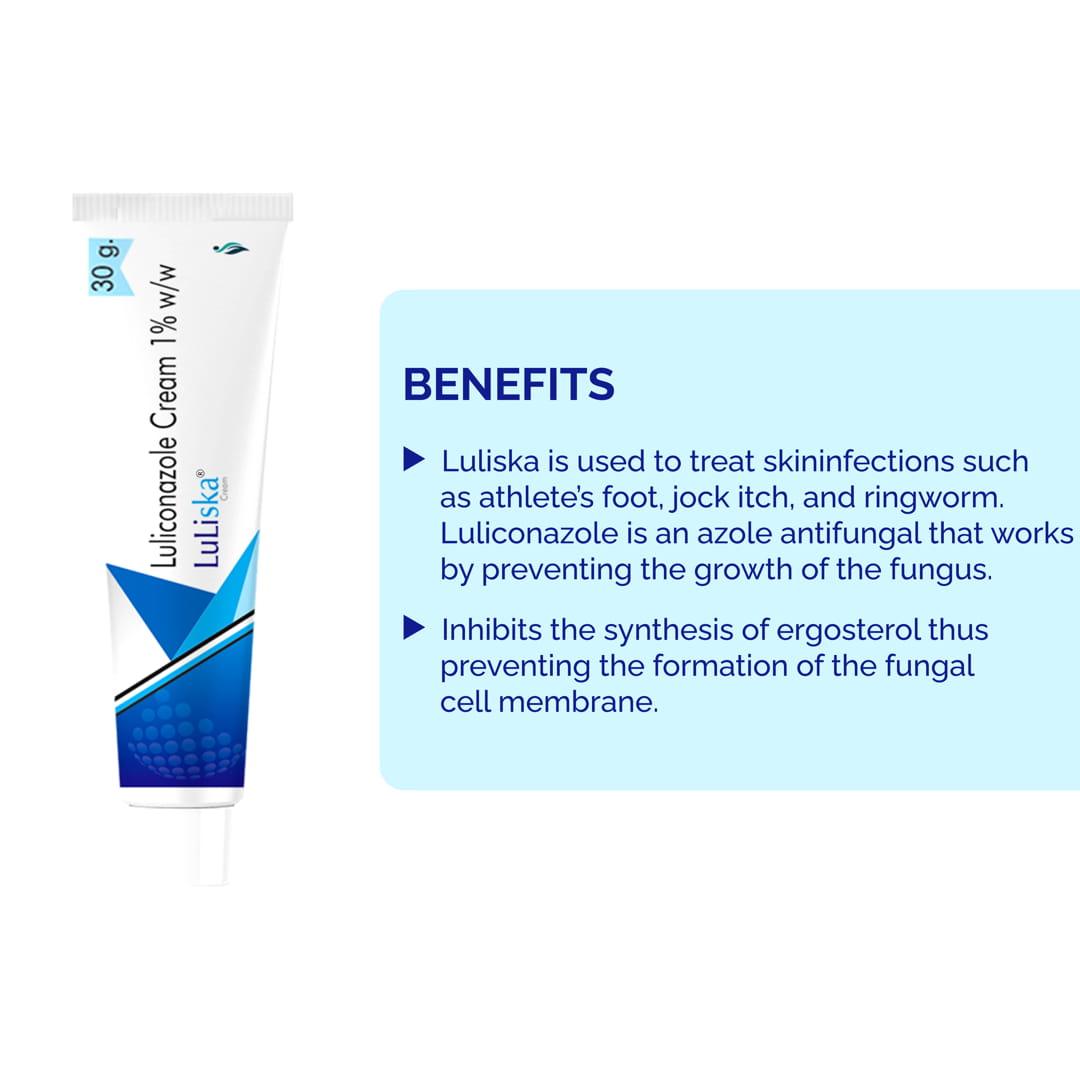
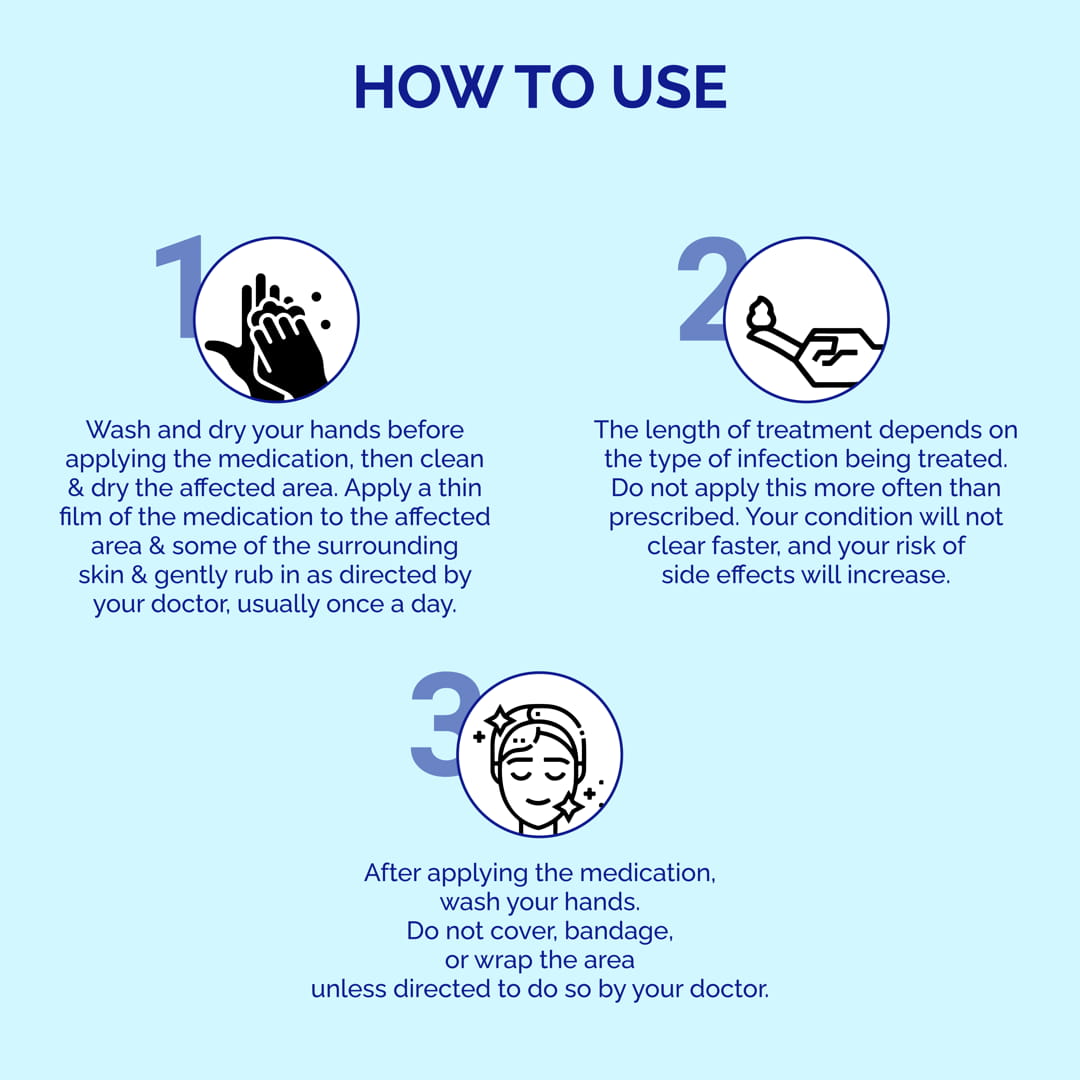
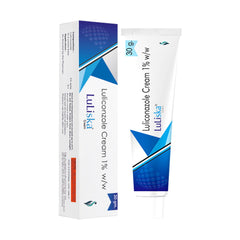
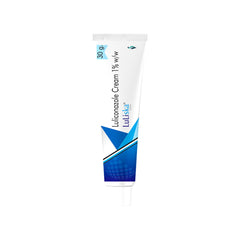
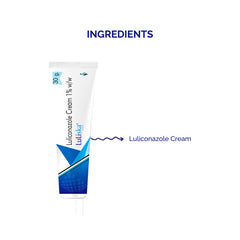
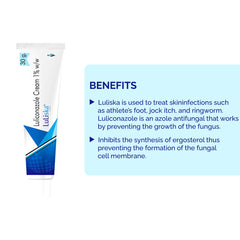
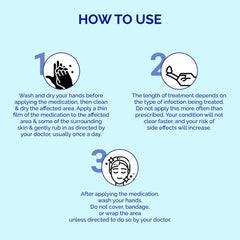
Luliska cream, with 1% w/w luliconazole cream, for antifungal treatement
- Rs. 299.00 INR
Rs. 299.00 INR- Rs. 299.00 INR
- Unit price
- per
Couldn't load pickup availability
Luliconazole is an azole antifungal cream that works by preventing the growth of the fungus.
Inhibits the synthesis of ergosterol thus preventing the formation of the fungal cell membrane. Luliska is used to treat skin infections such as athlete’s foot , jock itch and ringworm.
1. Effective against various fungal infections: Luliconazole is a broad-spectrum antifungal agent, meaning it can effectively treat a range of fungal infections caused by different types of fungi. It targets the fungi responsible for the infection, helping to eliminate the infection and relieve associated symptoms.
2. Rapid and long-lasting relief: Luliconazole has a fast onset of action, and many people experience relief from symptoms like itching, redness, and inflammation within a few days of starting treatment. It typically needs to be applied once daily for 1 to 2 weeks, providing sustained relief from fungal infections.
3. Convenient application: Luliconazole antifungal cream is applied topically to the affected area of the skin. The cream is easy to apply and generally well-tolerated, making it convenient for daily use. It is important to follow the instructions provided by your healthcare provider or on the packaging for proper application and duration of treatment.
4. Minimal side effects: Luliconazole cream is considered safe and generally well-tolerated. It rarely causes significant side effects. Some individuals may experience mild skin irritation or itching at the application site, but these effects are usually temporary and resolve on their own.
5. Prevention of recurrence: Luliconazole can be effective in preventing the recurrence of fungal infections when used according to the prescribed treatment regimen. This can help individuals maintain long-term relief from fungal infections and reduce the likelihood of future infections.
However, it is important to note that while luliconazole cream is effective for certain fungal infections, it may not be suitable for all skin conditions. It is always recommended to consult with a healthcare professional for accurate diagnosis and appropriate treatment options for your specific condition.
Apply a thin film of the medication to the affected area and some of the surrounding skin and gently rub it as directed by your doctor, usually once a day.
The length of treatment depends on the type of infection being treated. Do not apply this more often than prescribed. Your condition will not clear faster, and your risk of side effects will increase.
After applying the medication, wash your hands. Do not cover, bandage, or wrap the area unless directed to do so by your doctor.
Skin irritation may occur. If it persists or worsens, tell your doctor or pharmacist
Safety advice:
After applying the medication, wash your hands. Do not cover, bandage, or wrap the area unless directed to do so by your doctor.
Use this medication regularly to get the most benefit from it. To help you remember, use it at the same time each day.
Related Products
- Rs. 299.00 INR
Rs. 299.00 INR- Rs. 299.00 INR
- Unit price
- per
- Rs. 299.00 INR
Rs. 299.00 INR- Rs. 299.00 INR
- Unit price
- per
- Rs. 299.00 INR
Rs. 299.00 INR- Rs. 299.00 INR
- Unit price
- per
- Rs. 299.00 INR
Rs. 299.00 INR- Rs. 299.00 INR
- Unit price
- per
- Choosing a selection results in a full page refresh.



